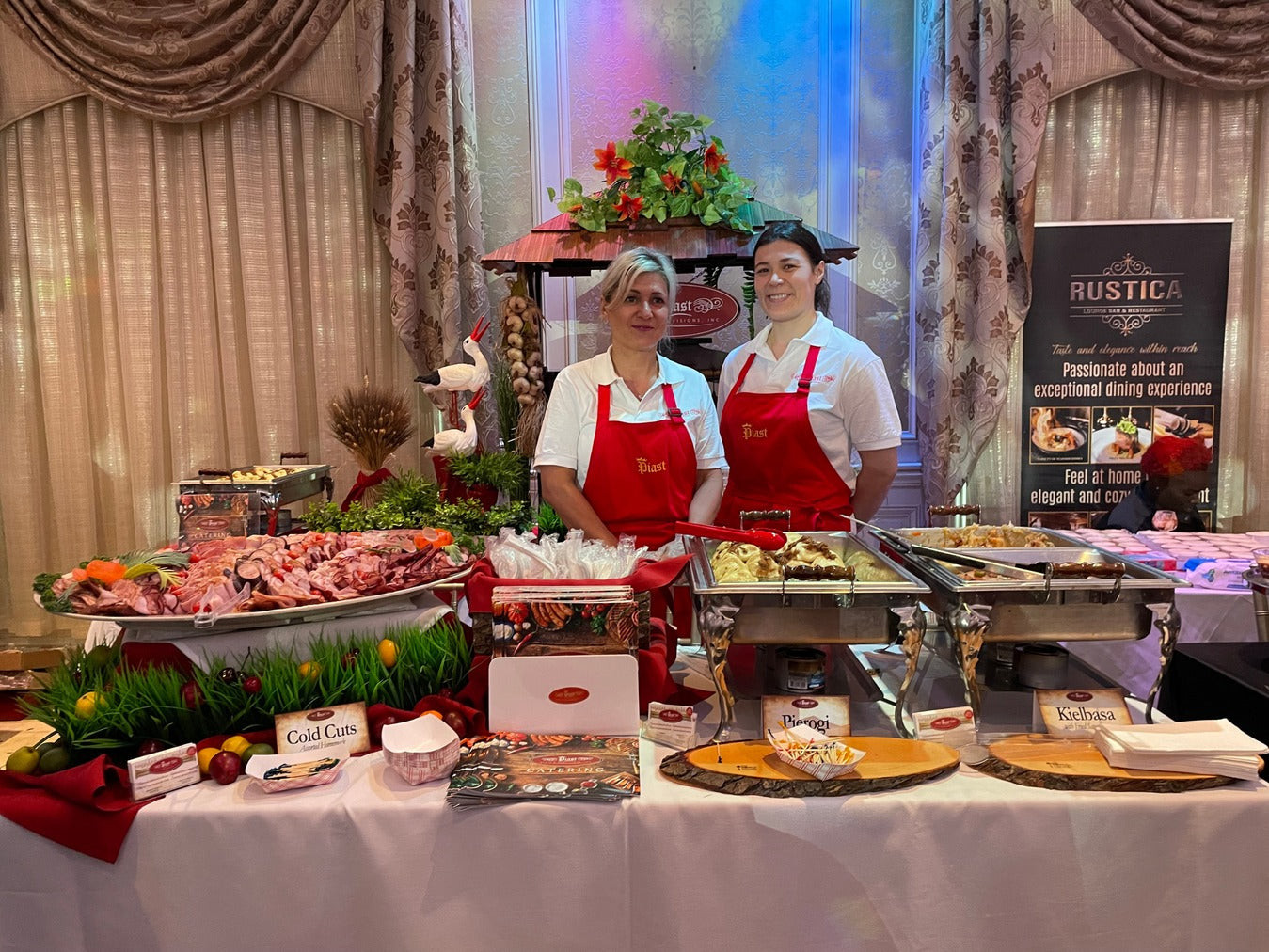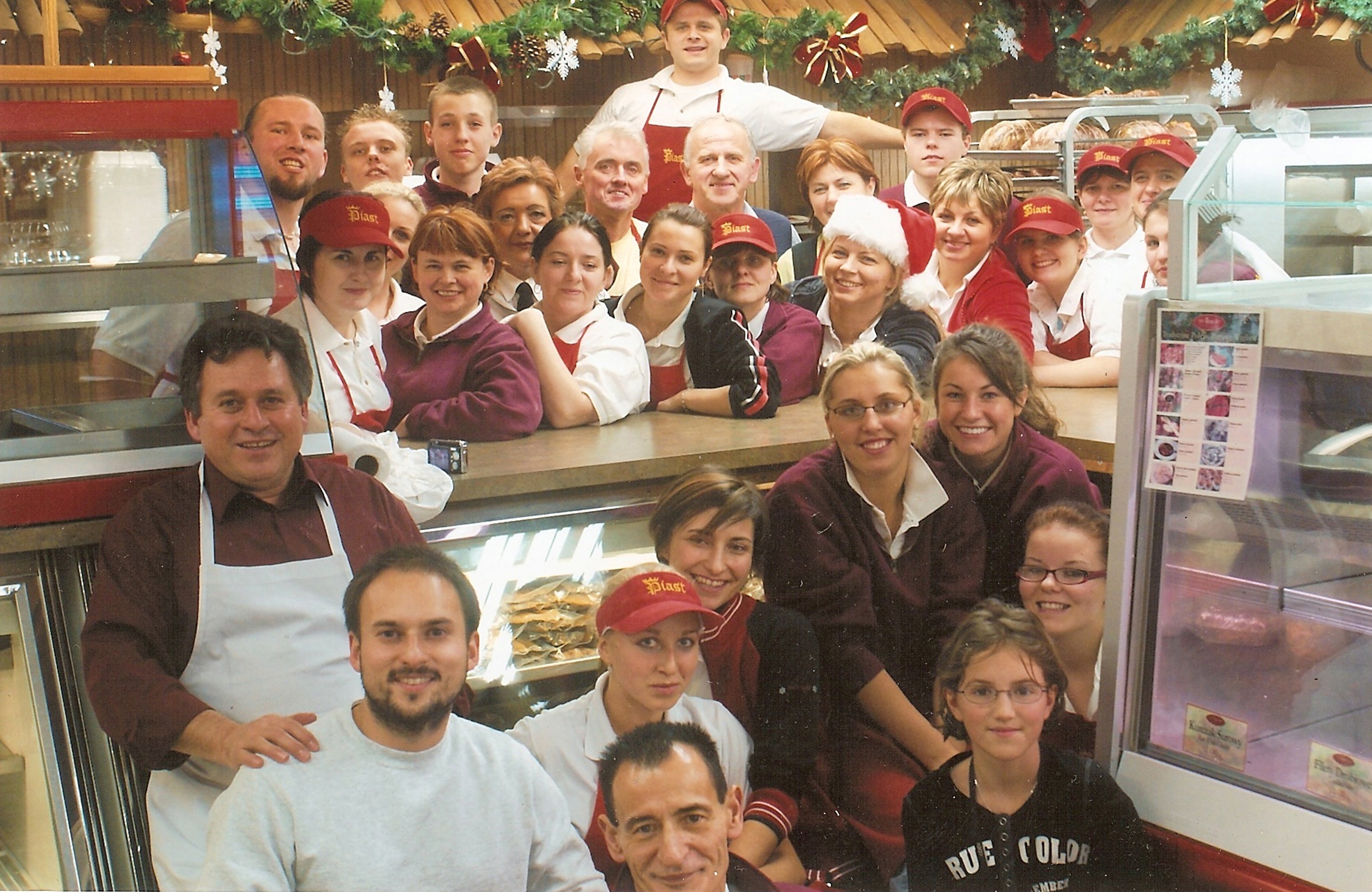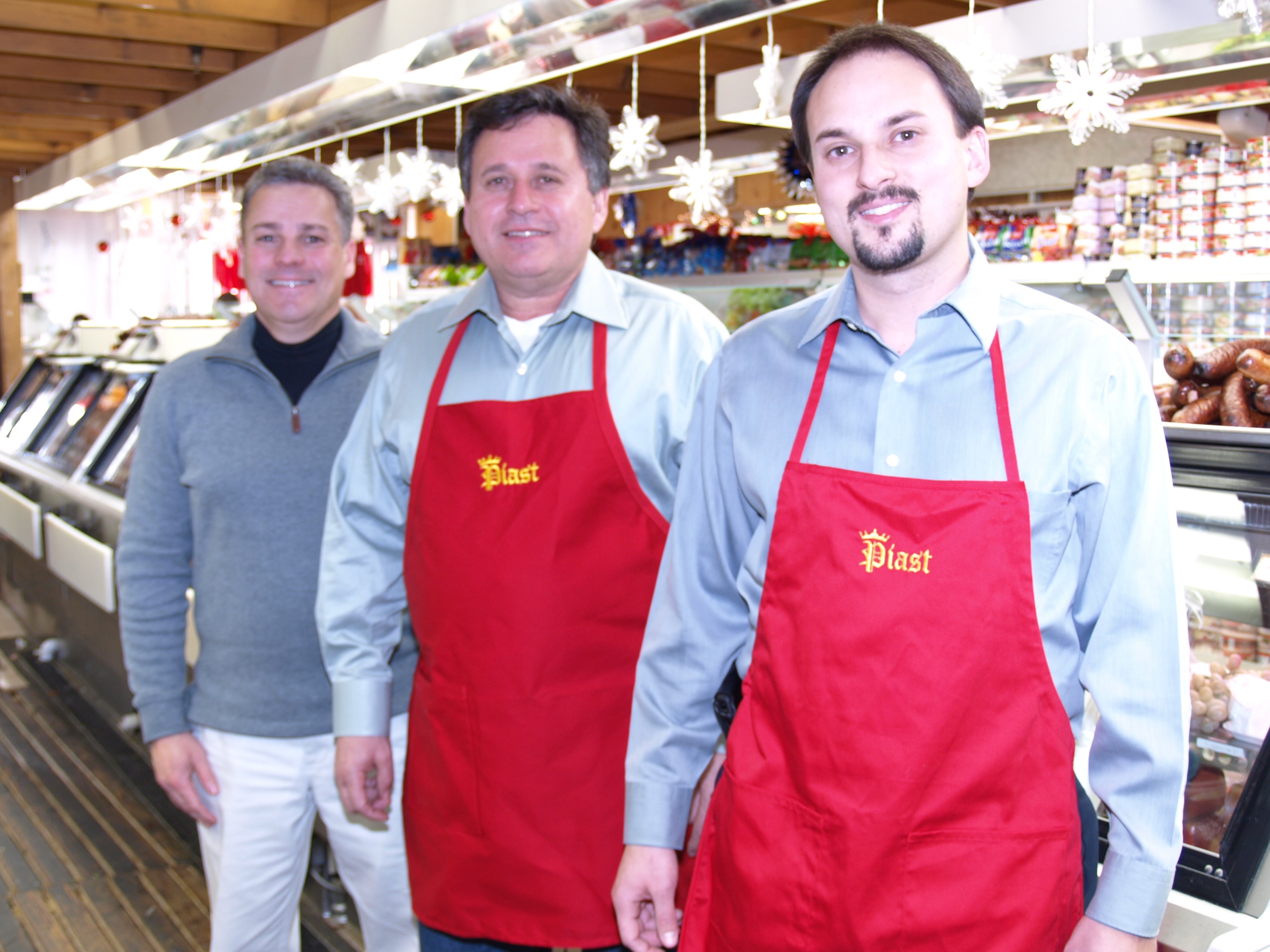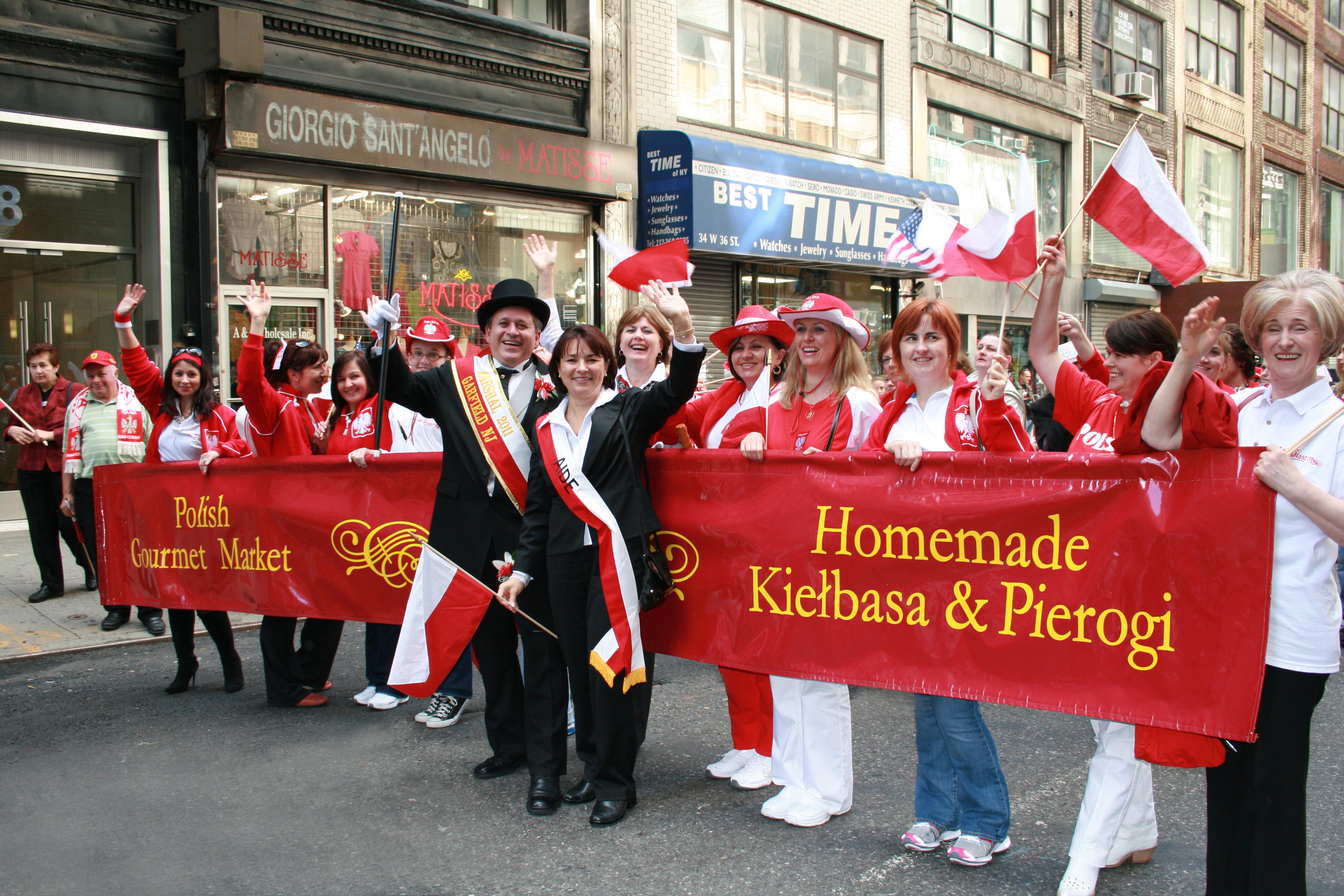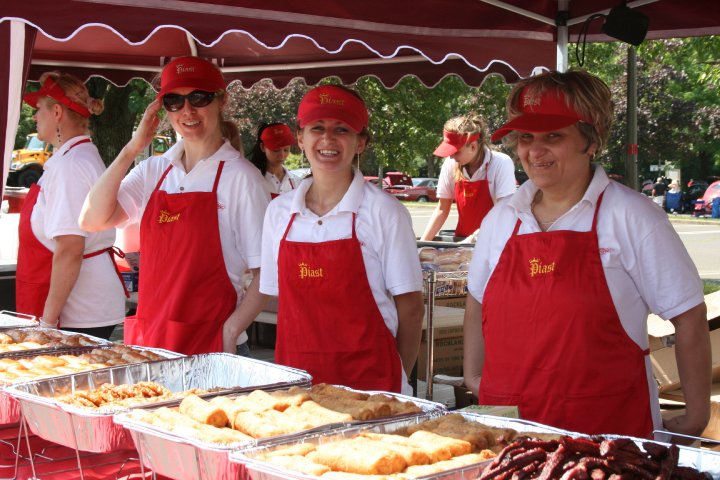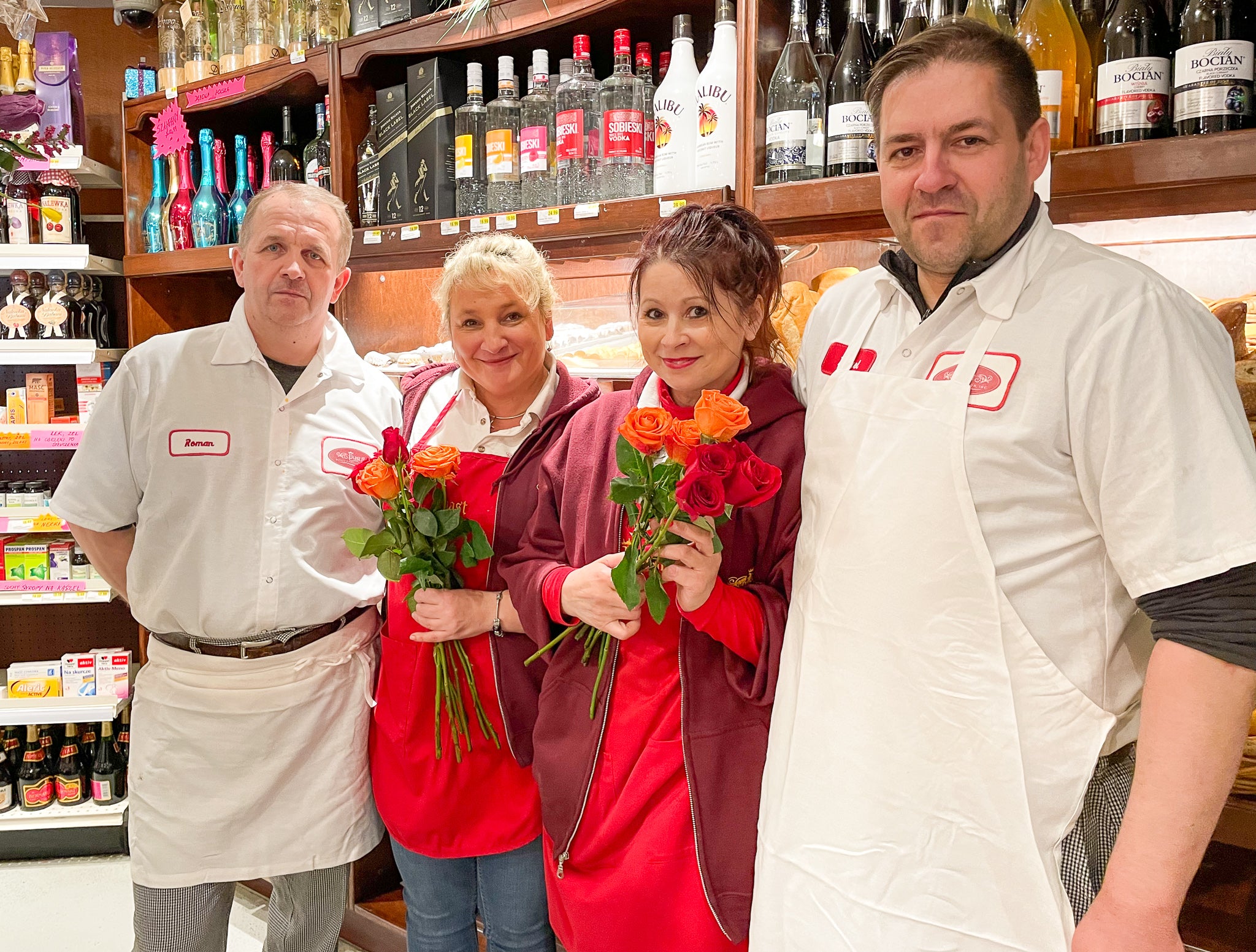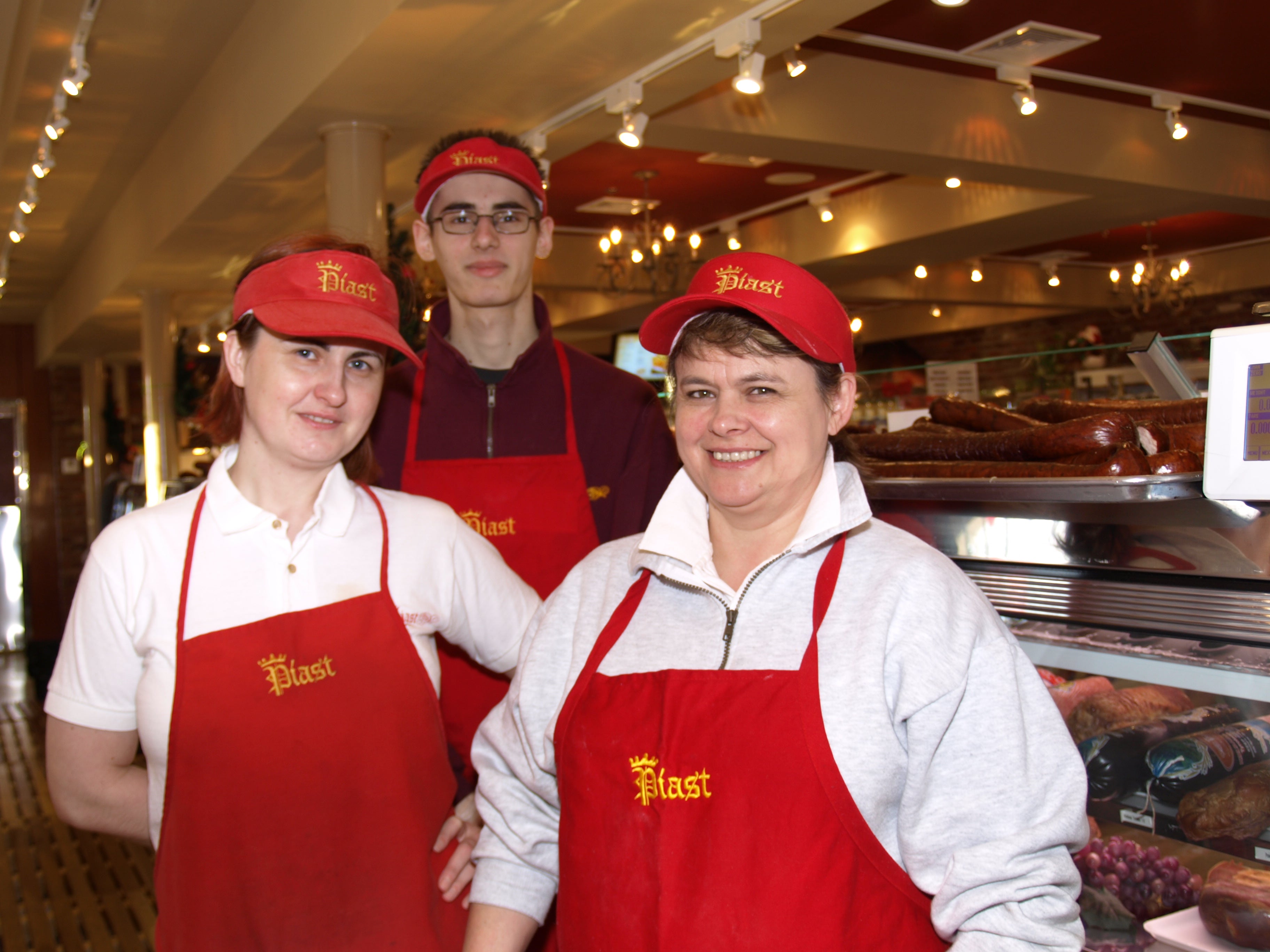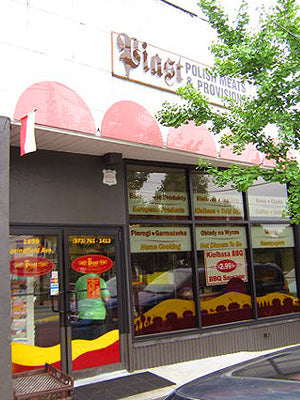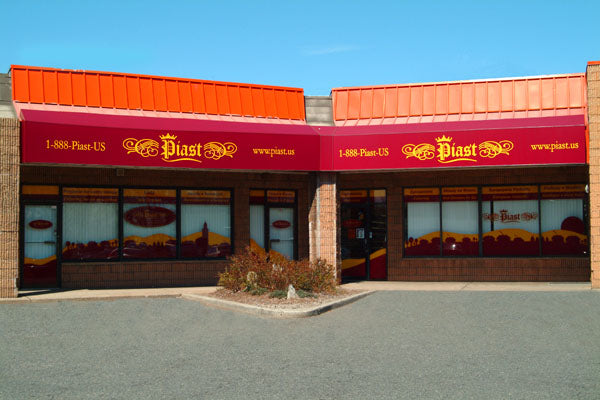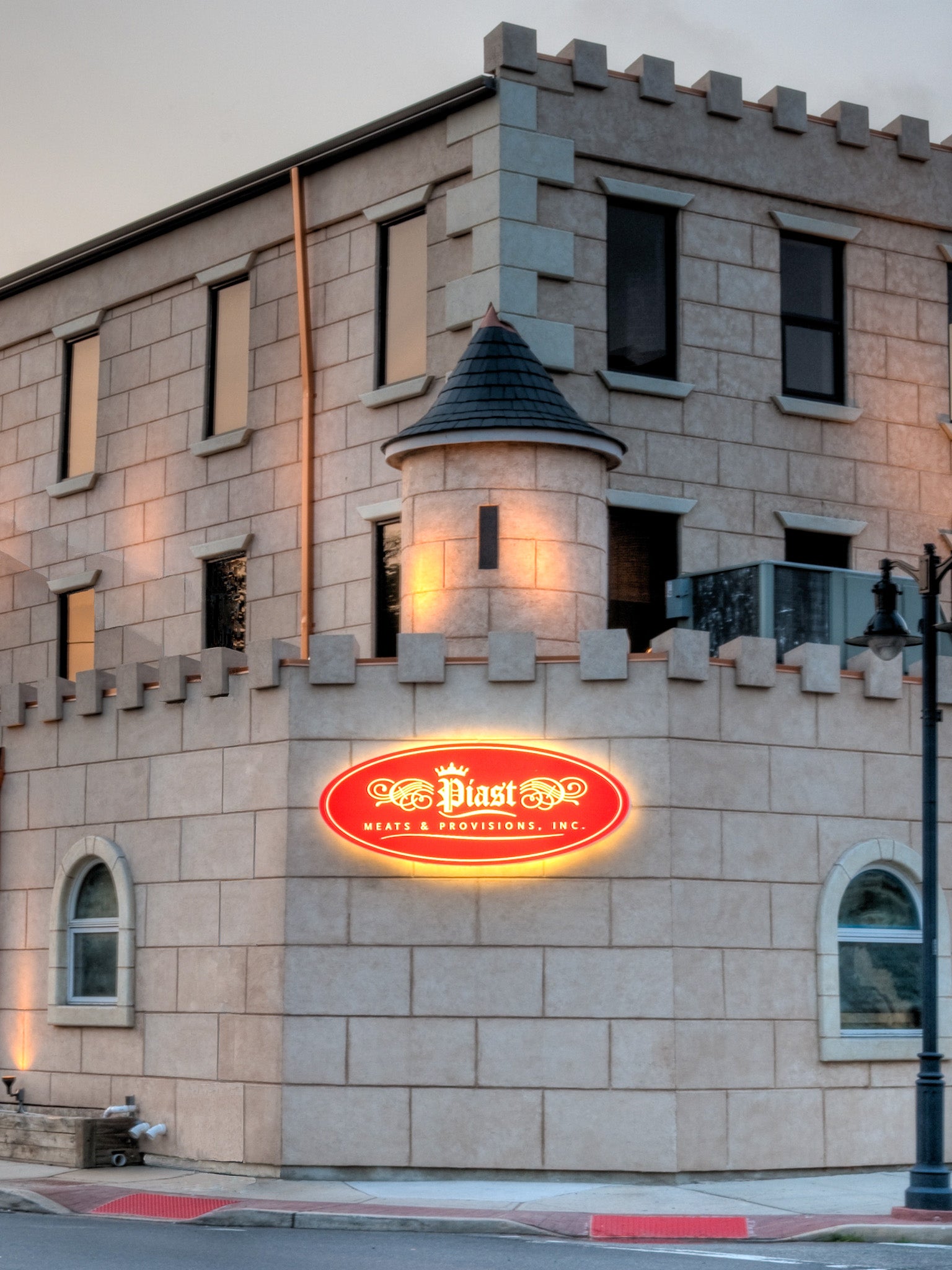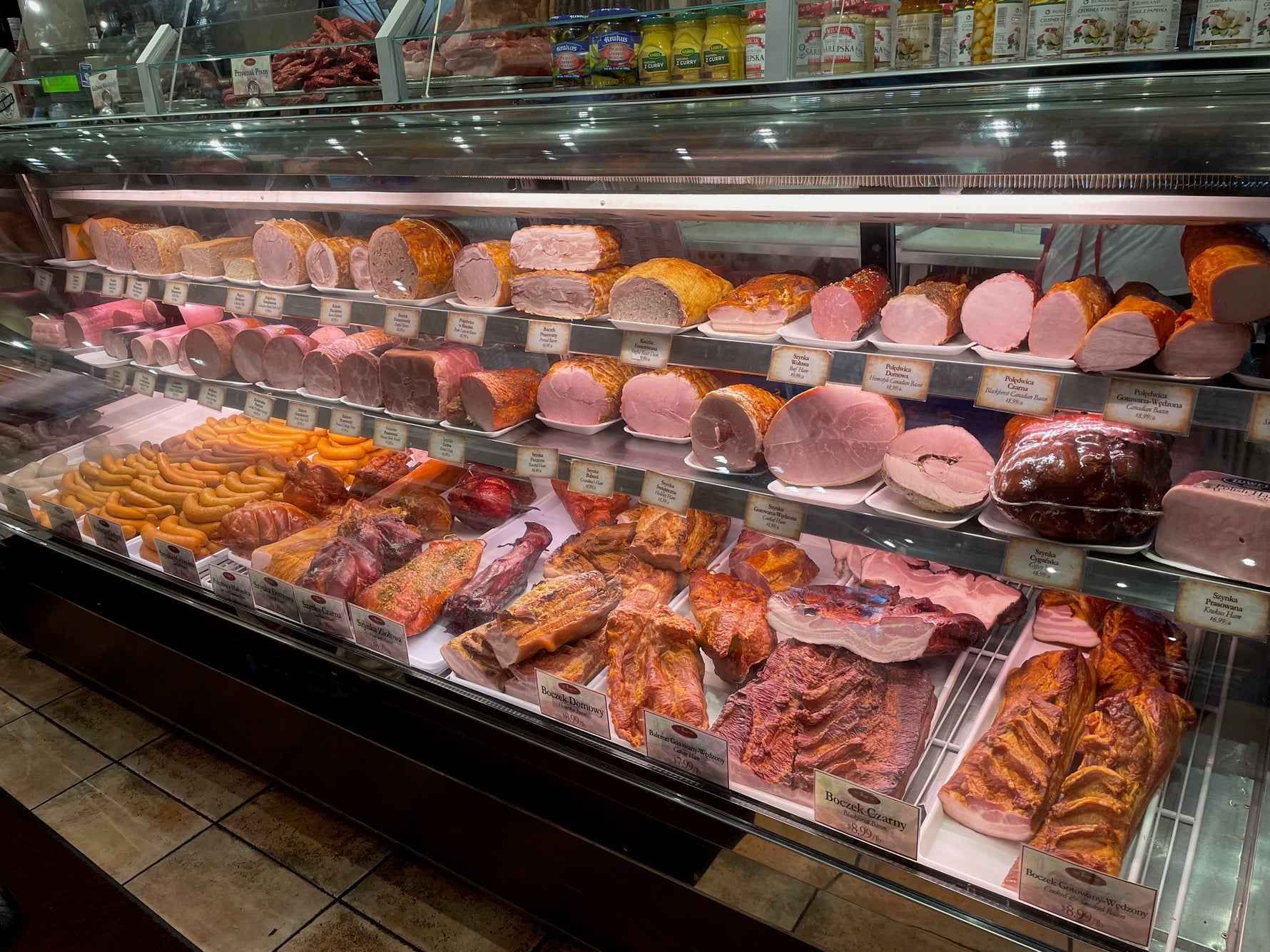Our Beginnings
Piast Meats & Provisions was founded in 1991 by Henry and Maria Rybak, immigrants from southern Poland whose dream was to bring the authentic, natural flavors of their homeland to the US. Indeed, most of the recipes still in use today originate from Mrs. Rybak's mother's kitchen in the Old Country. The name “Piast” (pronounced "pyäst") refers to the first royal dynasty of Poland in the 10th century. With that unique name symbolizing traditional Old World elegance, the pair opened their first shop in Maplewood, NJ.

